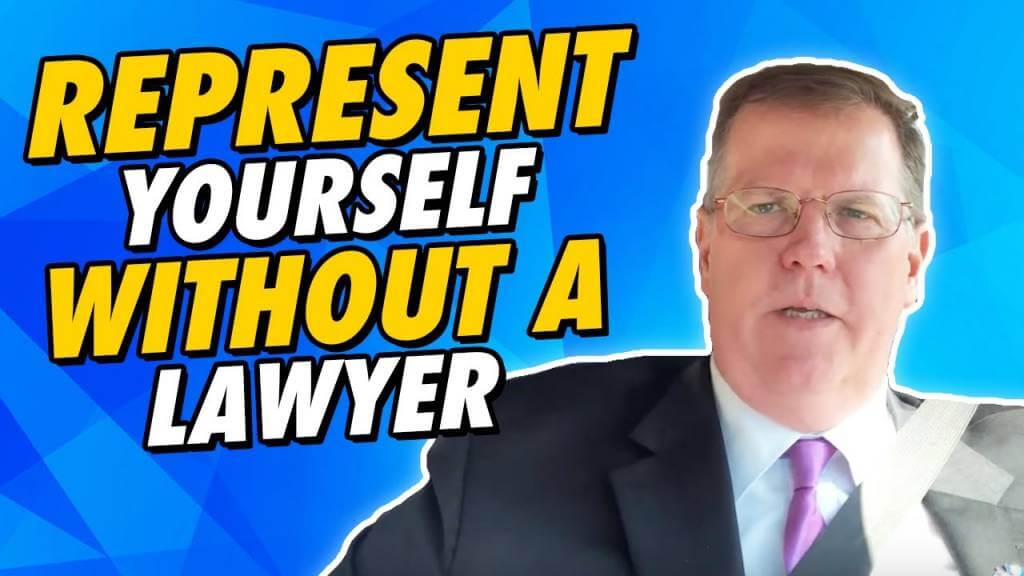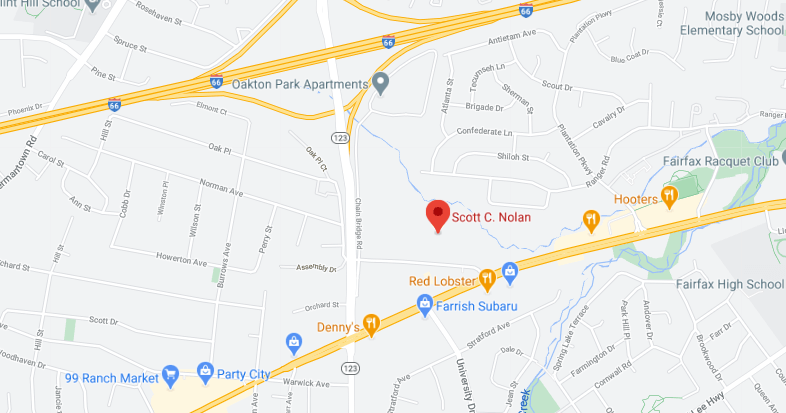When a person feels threatened or is the target of abuse by another person, they may have a few different ways to ask the courts for help. One of these ways is by filing a protective order against their alleged abuser. Our attorneys explain what constitutes a protective order, who can file for one, and what happens if you violate a protective order filed against you.
What Is a Protective Order?
Sometimes referred to as a restraining order, a protective order is a legal document issued by a court that requires the individual named in the order (the respondent) to stay away from the person who requested the order (the petitioner). Protective orders are designed to protect the petitioner from harassment, abuse, or any act of violence from the respondent. They can also be used to keep the respondent from contacting the petitioner or their family.
Generally, the terms of a protective order are specific to the situation and may include restrictions on property, communication, travel, and other activities. For example, the protection order may require the respondent to move away from the petitioner’s home and refrain from destroying or damaging the petitioner’s property. A no-contact order prohibits the respondent from communicating with the petitioner (including by phone call, text message, or other electronic means).
A protective order may prohibit the respondent from engaging in any further abuse, meaning the respondent may not engage in any type of physical or psychological abuse or violence against the petitioner and the petitioner’s family. Each protective order contains specific requirements that detail what the respondent can and cannot do while the order is in effect.
What Are the Different Types of Protective Orders Available in Virginia?
In Virginia, there are two main types of protective orders – family abuse protective orders and non-family abuse protective orders. A family abuse protective order is typically heard in the Juvenile and Domestic Relations Court and is meant for cases where a family member has acted or threatened to act in a way that made another family member become injured or reasonably fearful of being injured.
In order to obtain a family abuse protective order, the respondent must be a family or household member of the petitioner. A family or household member can be a current or former spouse, parents, siblings, stepparents, children, stepchildren, grandparents, and grandchildren. It also includes any person who has lived in the same home as the petitioner in a partner relationship.
If the petitioner and the respondent do not have a qualifying relationship that would fit the requirements for a family abuse protective order, the petitioner may file for a non-family abuse protective order. This type of order can be issued to protect a victim from abuse or threats coming from any individual, including dating partners and the in-laws of unmarried couples.
How Long Does a Protective Order Last?
Both family and non-family abuse protective orders last for different lengths of time, depending on whether you are given an emergency order, a preliminary protective order, or a full or permanent protective order. It is extremely important to know exactly how long a protective order lasts, as the petitioner is only protected until the order expires.
An emergency order usually lasts for 72 hours or three business days, usually only long enough for the case to be heard in the Juvenile and Domestic Relations District Court or General District Court. If the petitioner believes they still need protection after the emergency order expires, they may file for a preliminary protective order, which typically lasts for 15 days or until the date scheduled for the petitioner’s hearing for a full protective order. Once the judge issues the petitioner a full protective order, the petitioner will be protected for up to 2 years, but in some cases, the judge can set a different expiration date that may be shorter or longer than two years. A full protective order can be extended if the petitioner requests the judge for an extension before their current order expires.
What Happens if You Violate a Protective Order in Virginia?
Violations of a protective order can lead to serious consequences, including criminal charges and civil penalties. In addition, violations can be used as evidence in a criminal trial or other proceedings. If you violate a court order and engage in unwanted contact with the alleged victim, you could be charged with contempt of court. Contempt of court is a criminal offense that occurs in certain situations, including when someone disrespects a court order. Contempt of court could result in a fine of up to $250.00 and up to ten days in jail.
If you were served with a protective order, it is important to comply with the requirements of the order, even if you do not agree with them. If you believe that the order is not necessary or is based on false accusations, you should contact a criminal defense attorney to discuss your case. An attorney can help facilitate communications with the petitioner, inform you of your rights, and help you make your case to the judge during your protective order hearing.
The attorneys at The Law Office of Scott C. Nolan, PLLC, have helped countless clients defend against unfair protective orders, and they are ready to assist you with your case. If you have had a protective order filed against you, have questions, or need help to take the next steps to respond to the order, contact our office at 703-688-9236.











